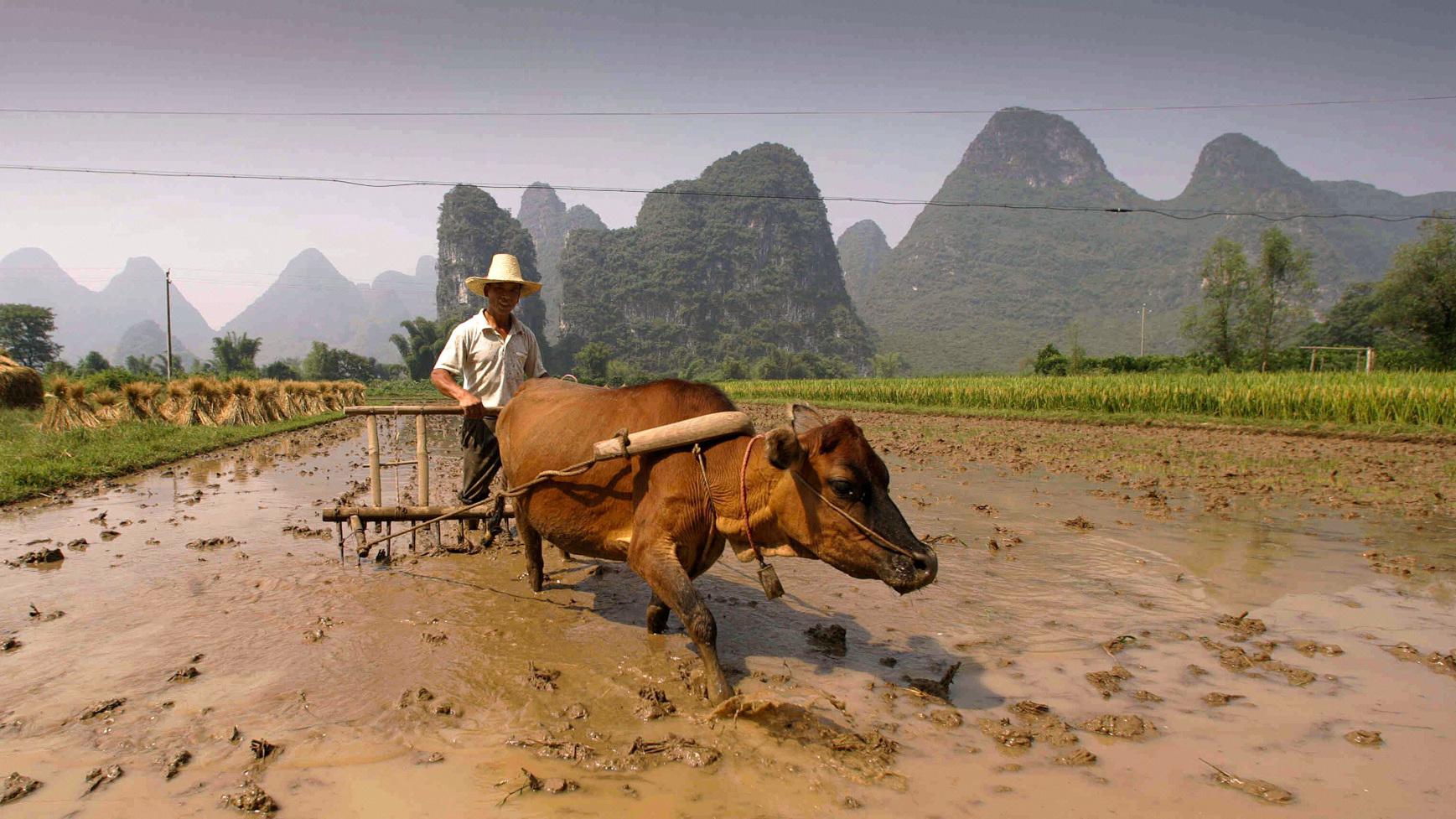From Cattle To Capital: How Agriculture Bred Ancient Inequality
Archaeologists say early civilizations in North and Central America were more egalitarian than the societies of Eurasia — and they think it's because early Americans didn't have cattle or horses.
by Dan Charles
Nov 15, 2017
1 minute

The gap between rich and poor is one of the great concerns of modern times. It's even driving archaeologists to look more closely at wealth disparities in ancient societies.
"That's what's so fun about it," says , at Washington State University. "It widens
You’re reading a preview, subscribe to read more.
Start your free 30 days



